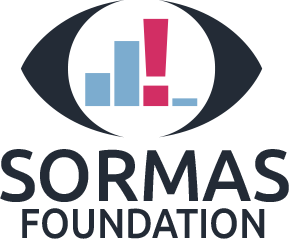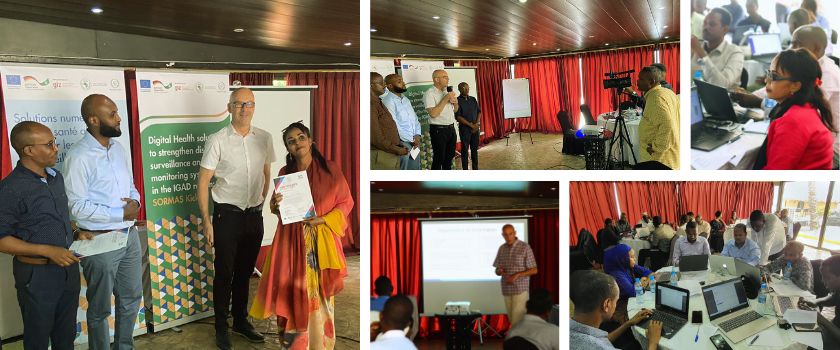Like other countries in Africa, over the past few years, Djibouti has jumped into the digital wave and has recently added SORMAS to their health information toolbox.
The country has some particularities compared to its neighbours in the Horn of Africa. It is the only French-speaking country in the region, a stable place in an otherwise troubled region and important crossroad for migration. These singularities, added to its small size, made Djibouti the place of choice for the IGAD regional authority to make it the pilot site for the deployment of SORMAS before moving to other countries and cross-border regions.
As part of the preparation for the deployment of SORMAS in Djibouti, in June, the SORMAS Foundation organized trainings targeting twenty people who represent the backbone of the surveillance in the Ministry of Health from both the Health Information Department (DIS – in charge of data collection) and the National Public Health Institute (INSPD – whose mission is data analysis and response to health events) together with staff from other relevant institutions for a five-day session. The health personnel came not only from Djibouti town but also from the country’s five provinces.
Using the training of trainers (ToT) approach, the SORMAS team covered each module of the SORMAS system to ensure that participants acquire the essential skills not only to effectively utilize the system, but also to pass on that knowledge to other colleagues. This was achieved through theoretical teaching complemented by practical application such as exercises and case studies on various topics; particularly case investigation, contact tracing, sample management, and outbreak investigation, as well as data analysis and visualization. Data protection was approached and triggered some dynamic interactions within the audience.
Parallel to the ToT, several specific workshops were carried out with the objective of involving the core users in the drafting of the SORMAS SOP (Standard Operating Procedure) for Djibouti. Topics such as efficient information flow, quality control and problem solving were discussed, benefiting from the variety of background and positions within the participants. Useful and practical information was gathered which allowed for a first draft of the SOP.
This on-site training of trainers will be followed by a distance-based session dedicated to the administrators of the SORMAS system, before extending the training to all users driven by the country itself.






